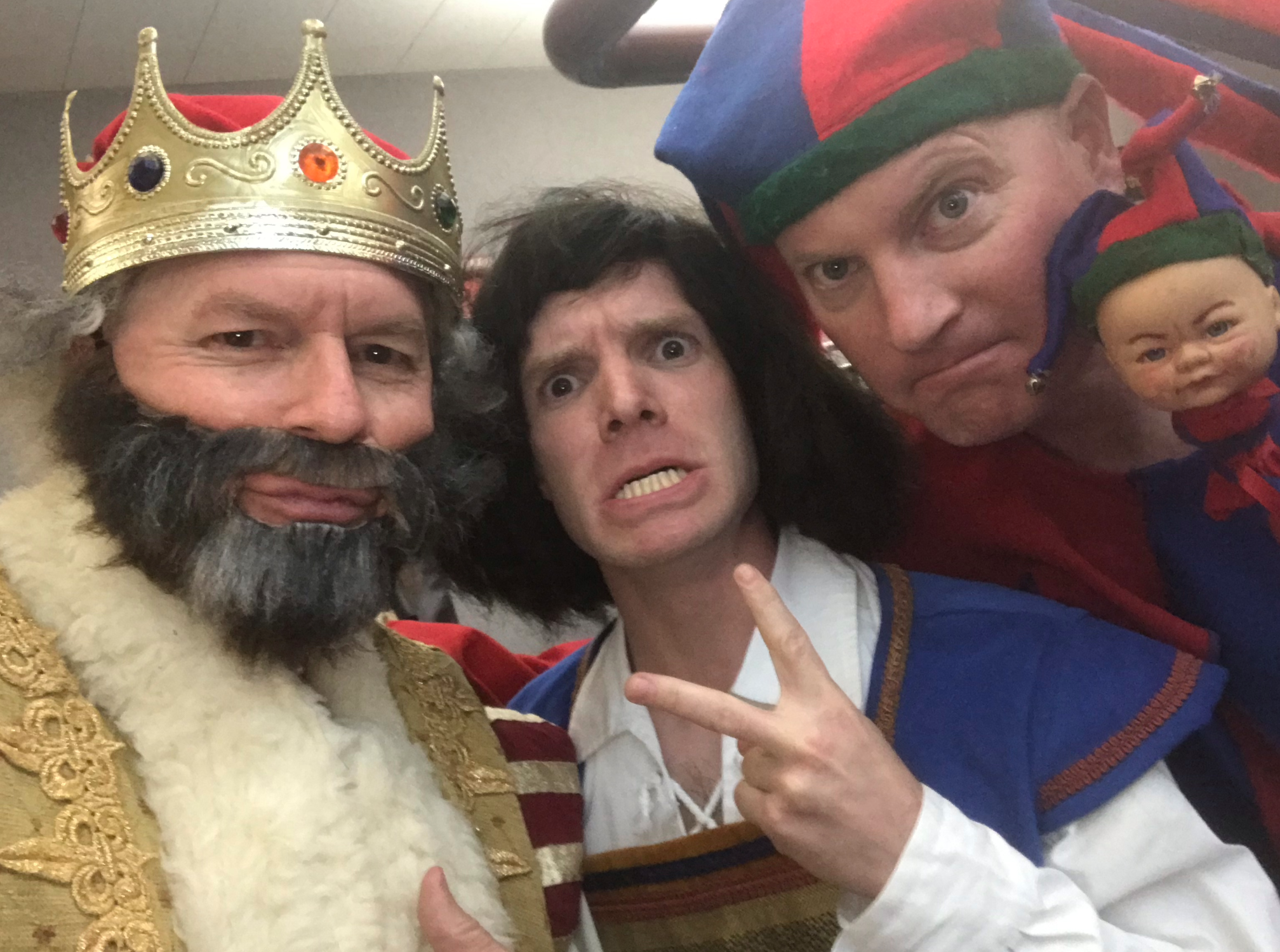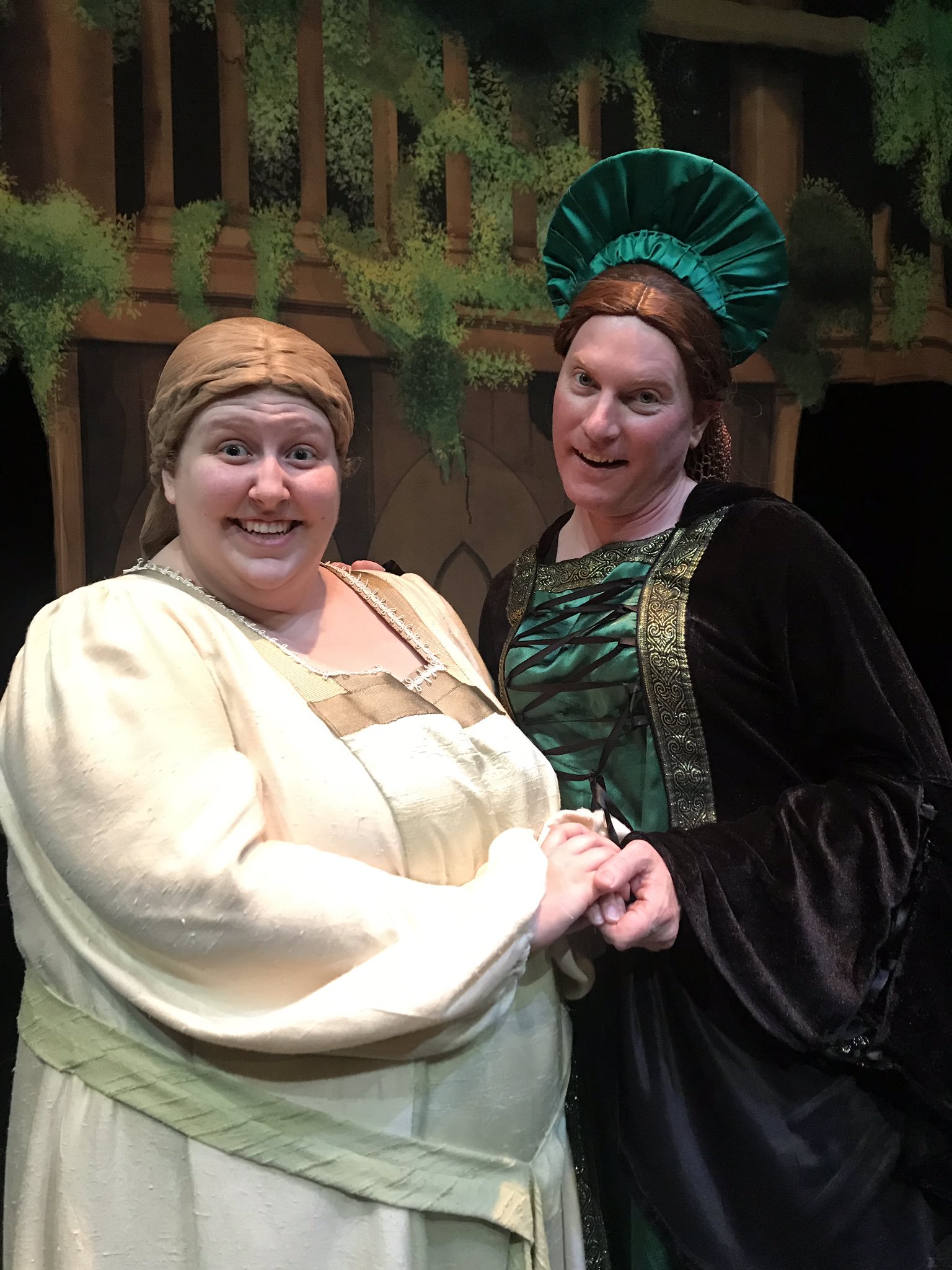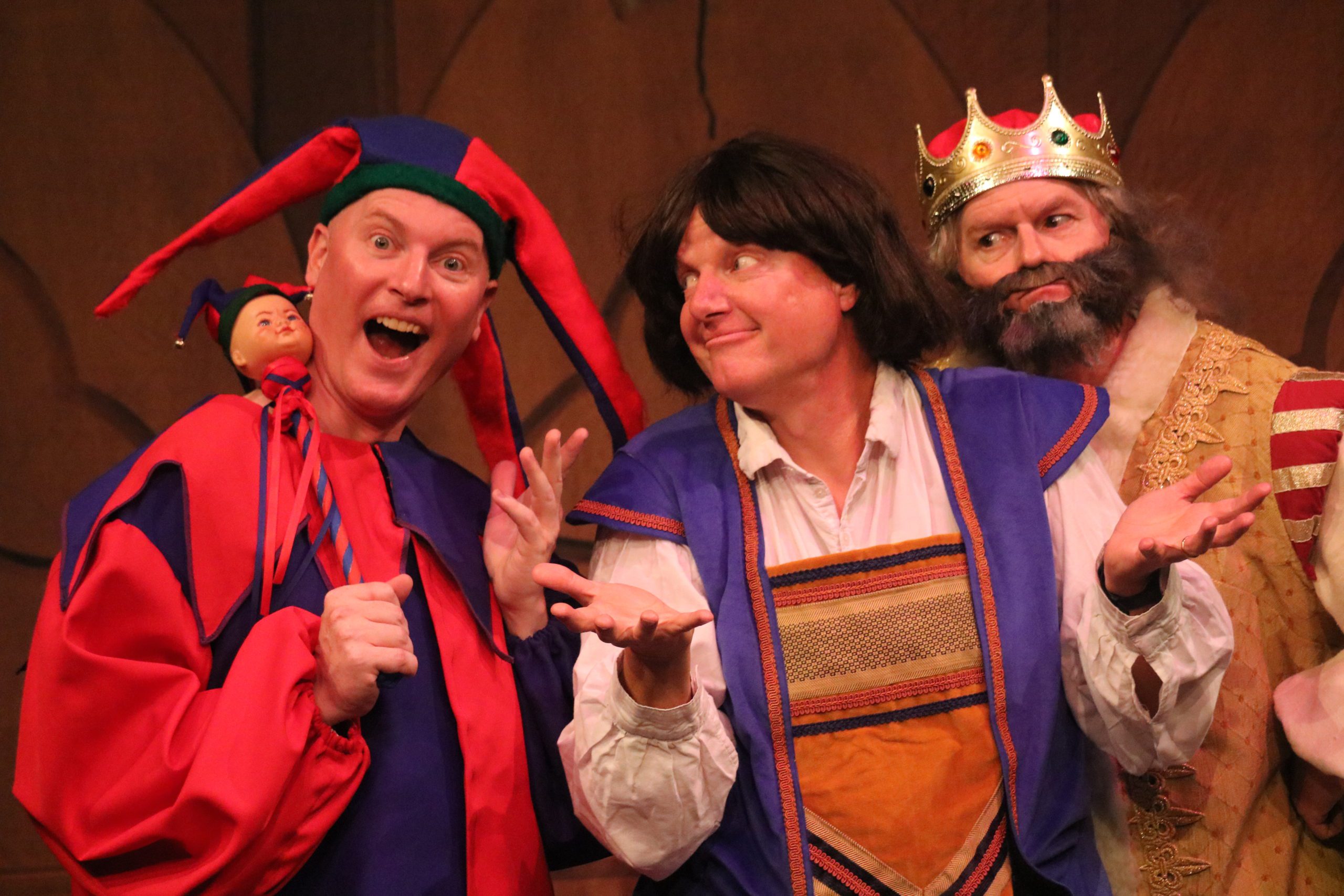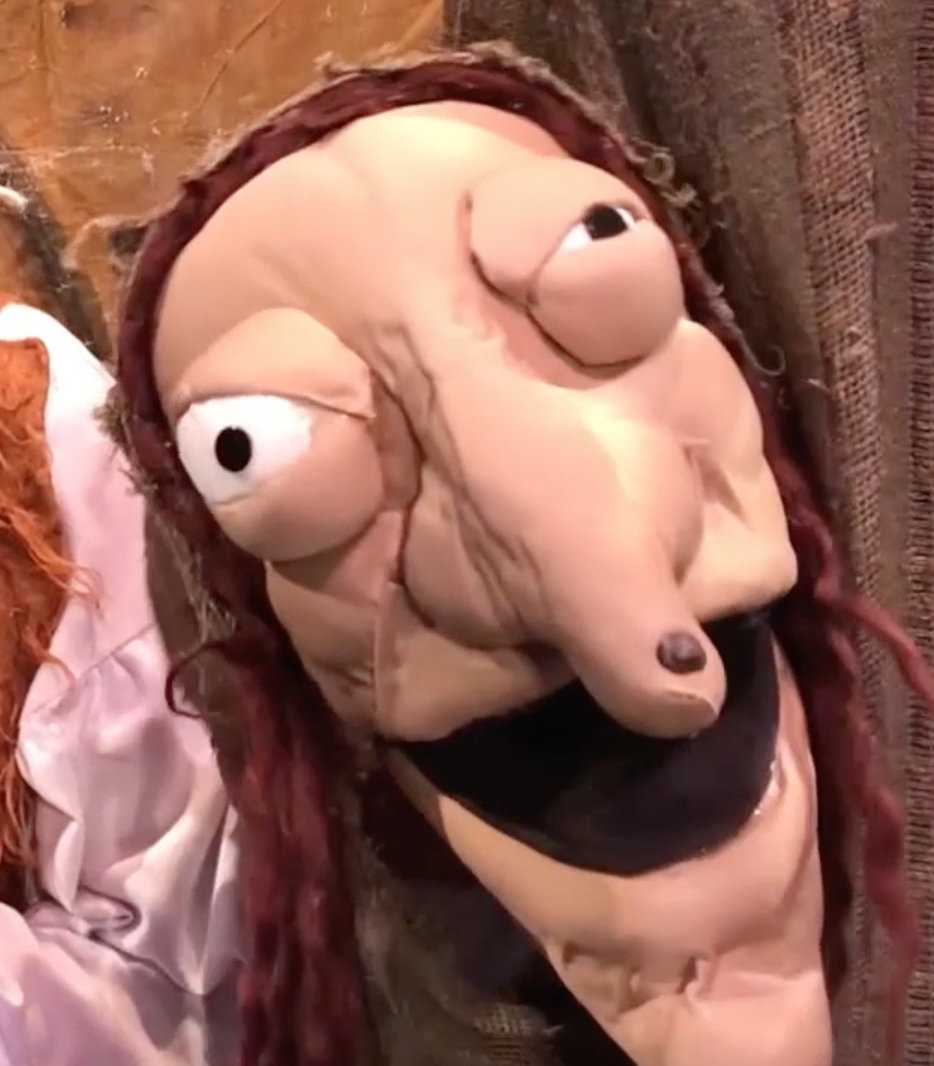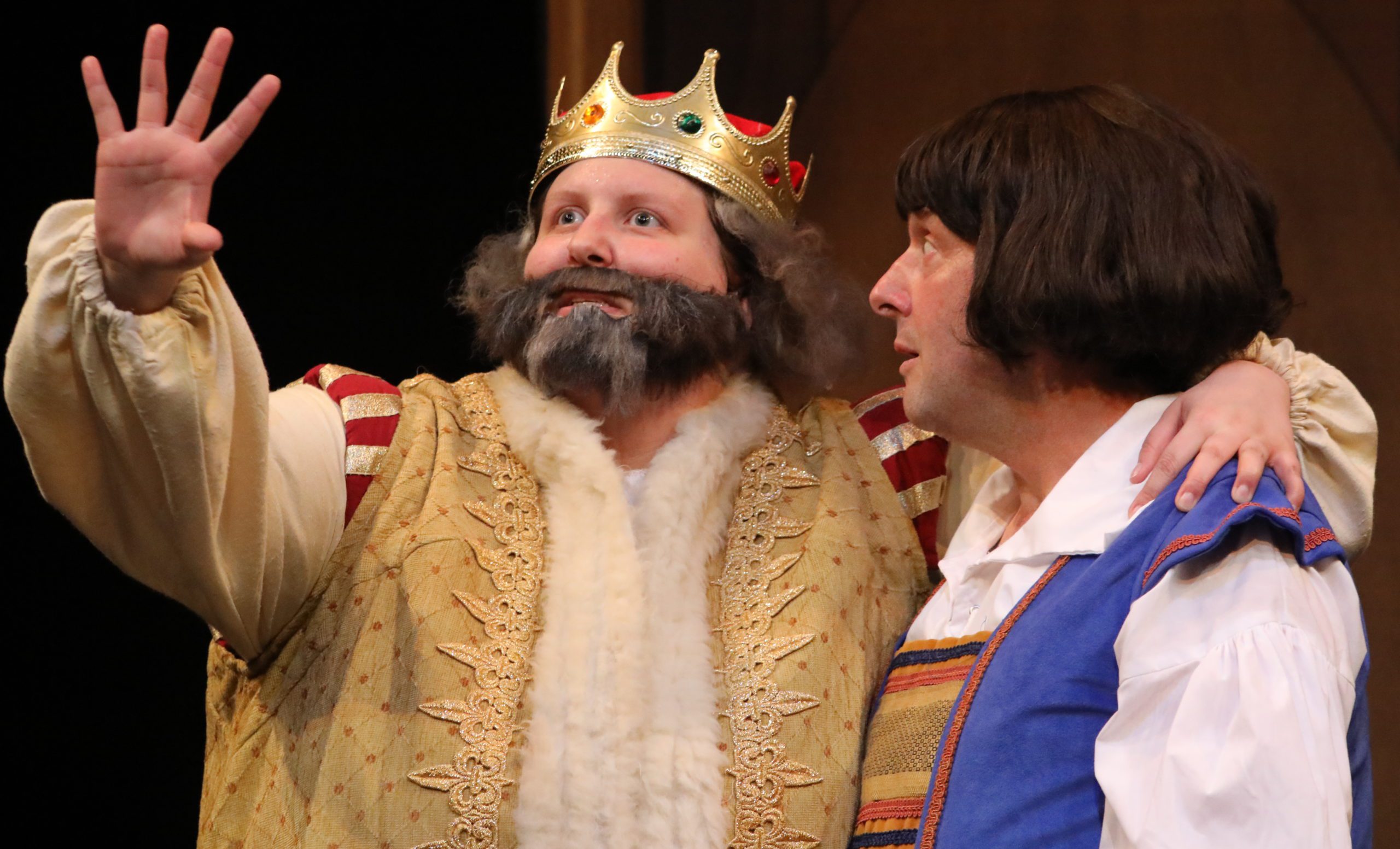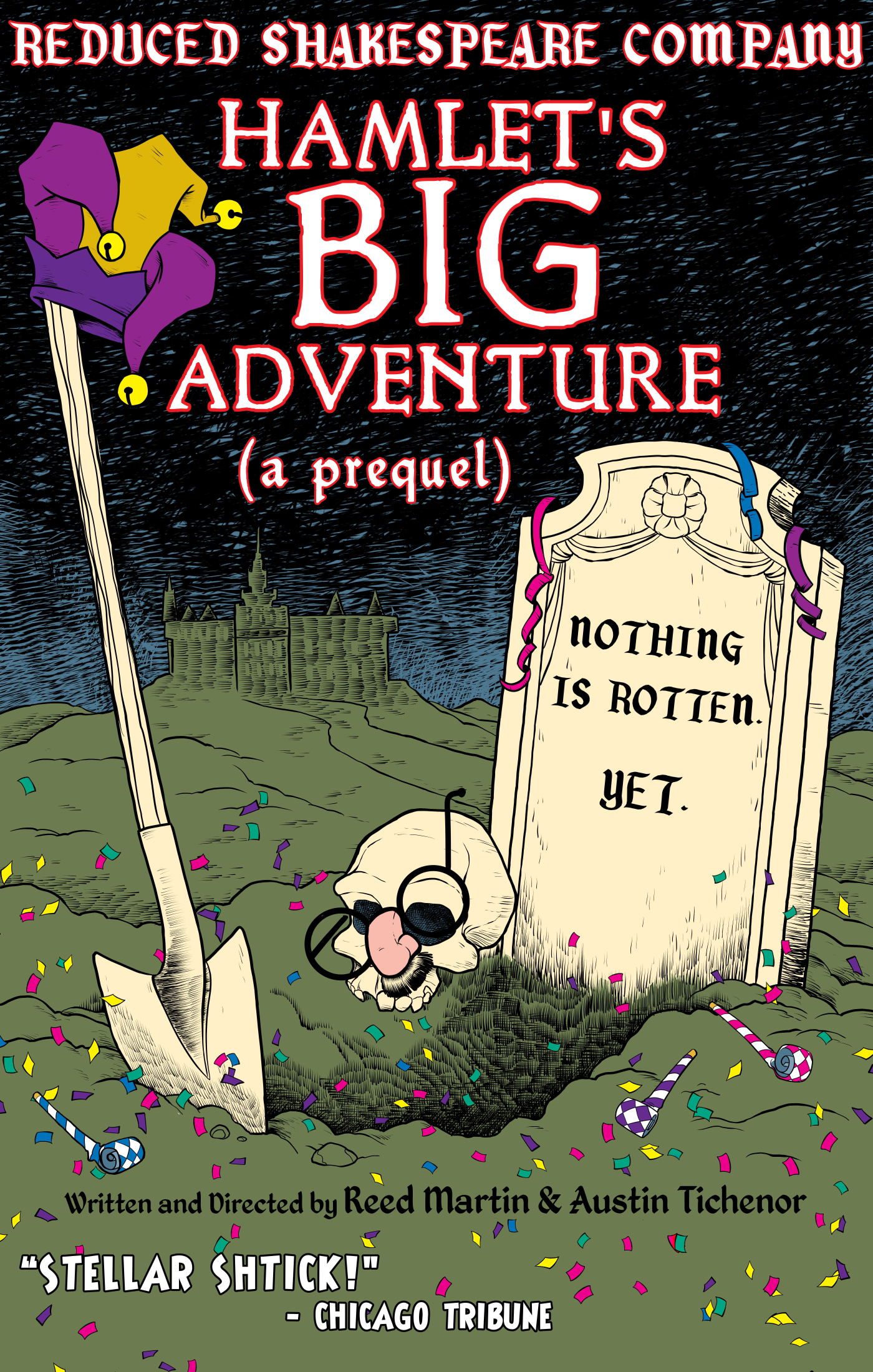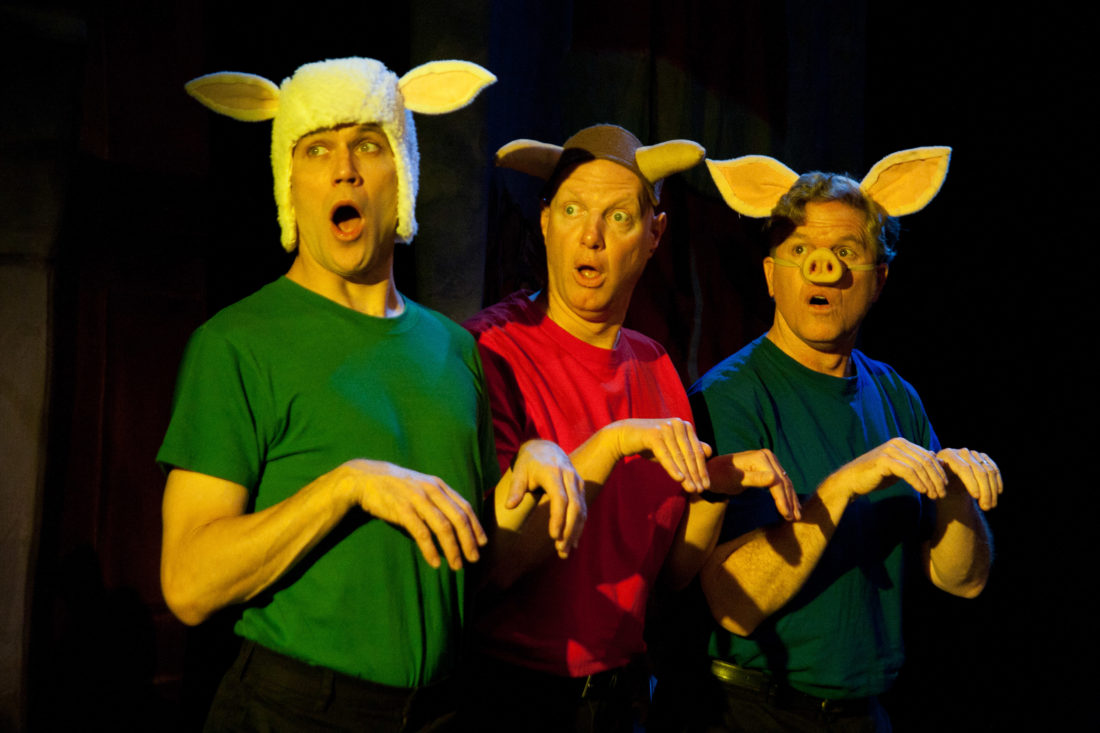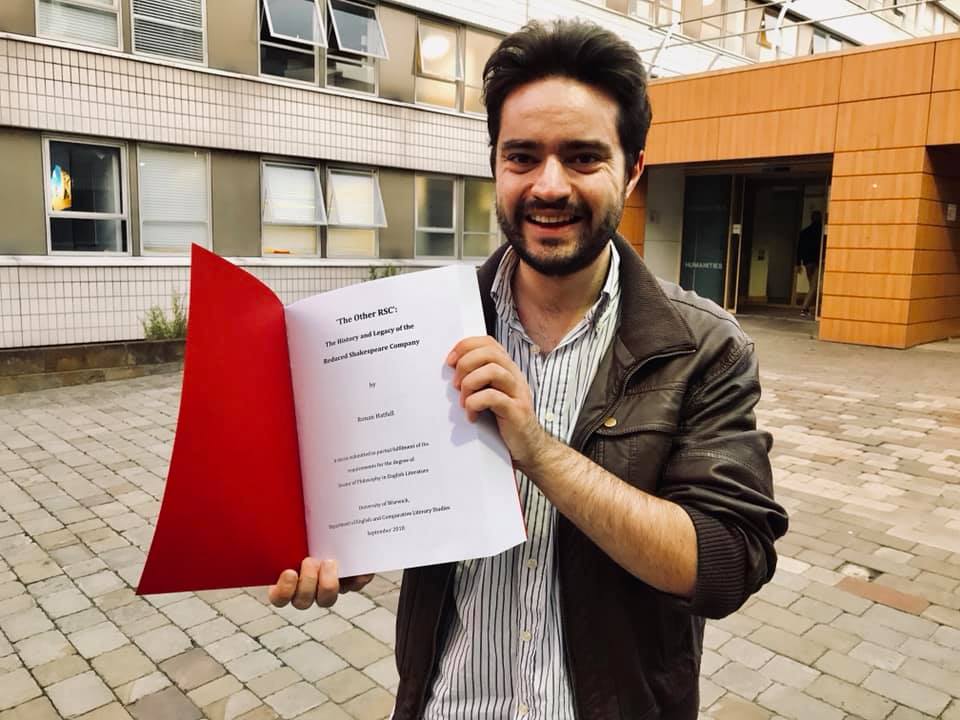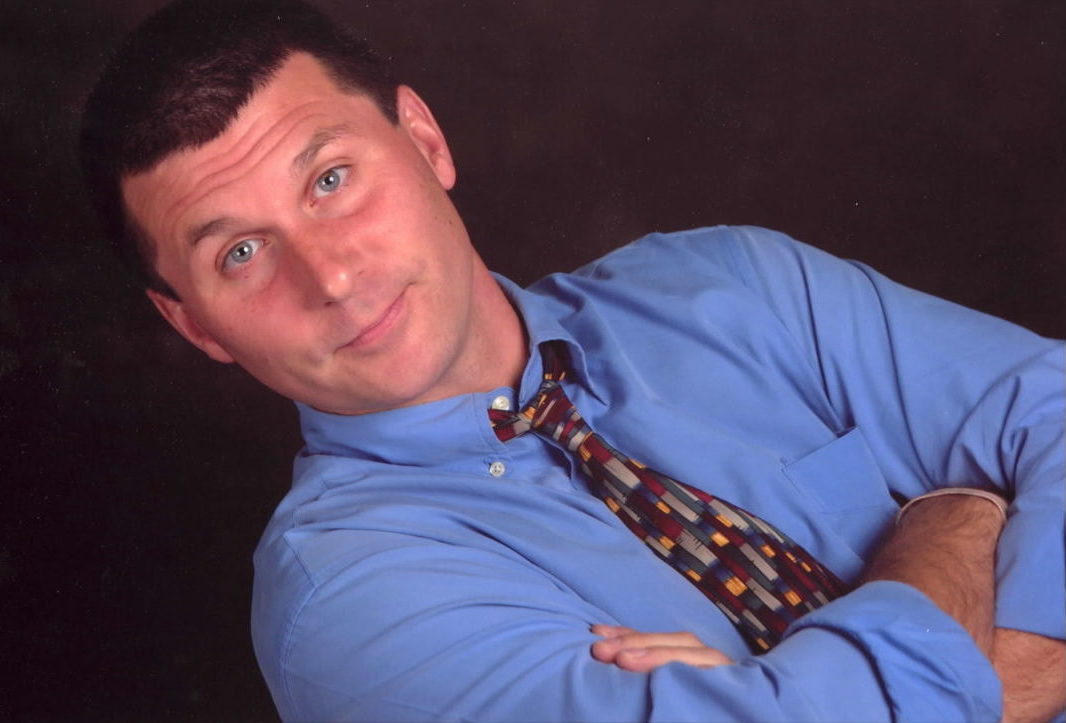Red Fox Theatre
Playwright Ellen Margolis (left )saw the Red Fox Theatre production of Catch of the Day (short-listed for Best Musical at the 2018 Edinburgh Fringe) and the experience of seeing it was as wonderful as the show itself. Ellen discusses how all the extra-theatrical elements combined to make a magical evening at the theatre even more so, and shares insights into the nature of crazy fish stories, excellent marketing materials, local hand-held guidance, uniting the audience through the power of a Van Morrison singalong, tales of Fungie the Dolphin, kindred reduced spirits, worldwide Fringe experiences, and further adventures within the comedy industrial complex. (Length 19:09)
Podcast: Download (Duration: 19:09 — 22.3MB)
